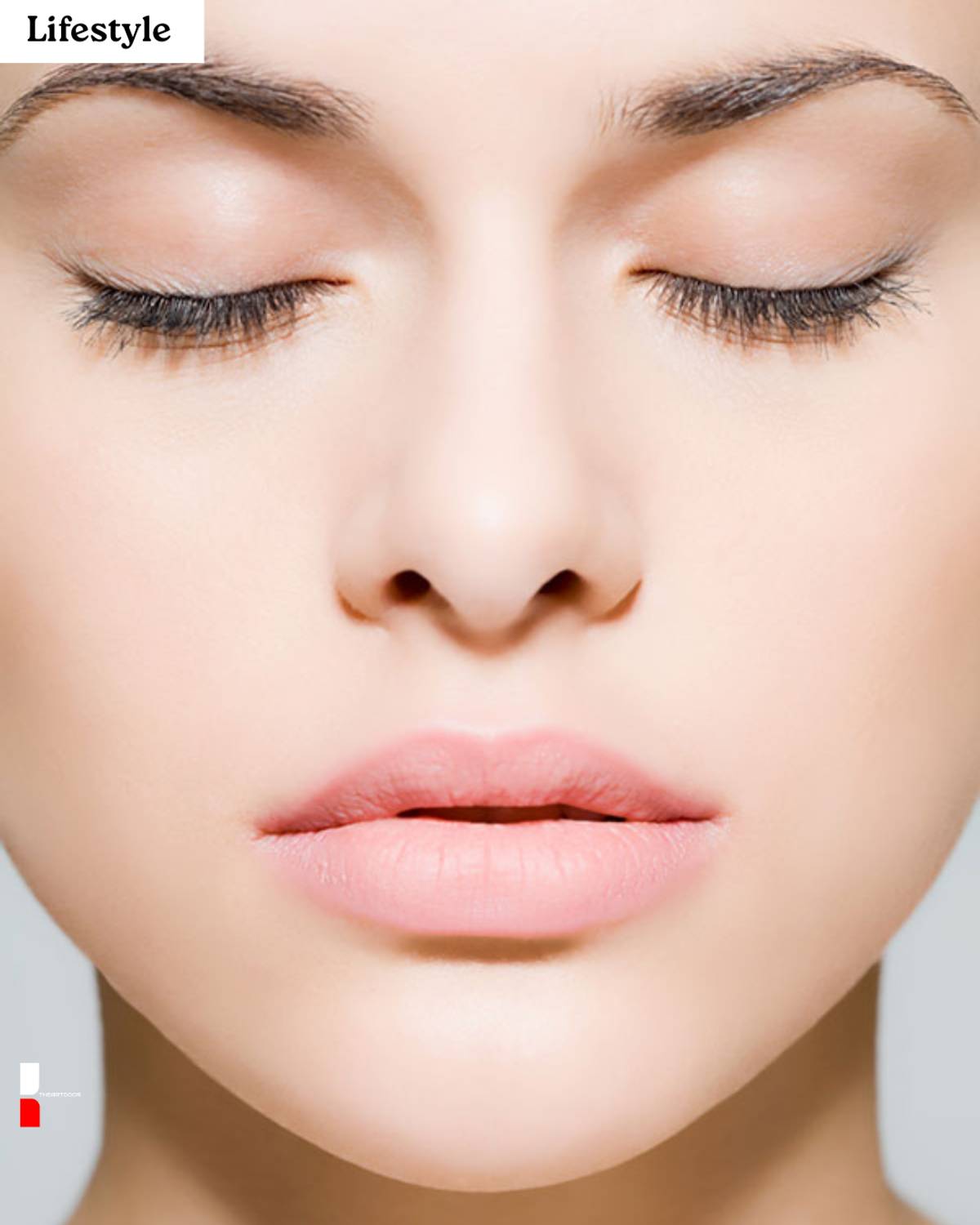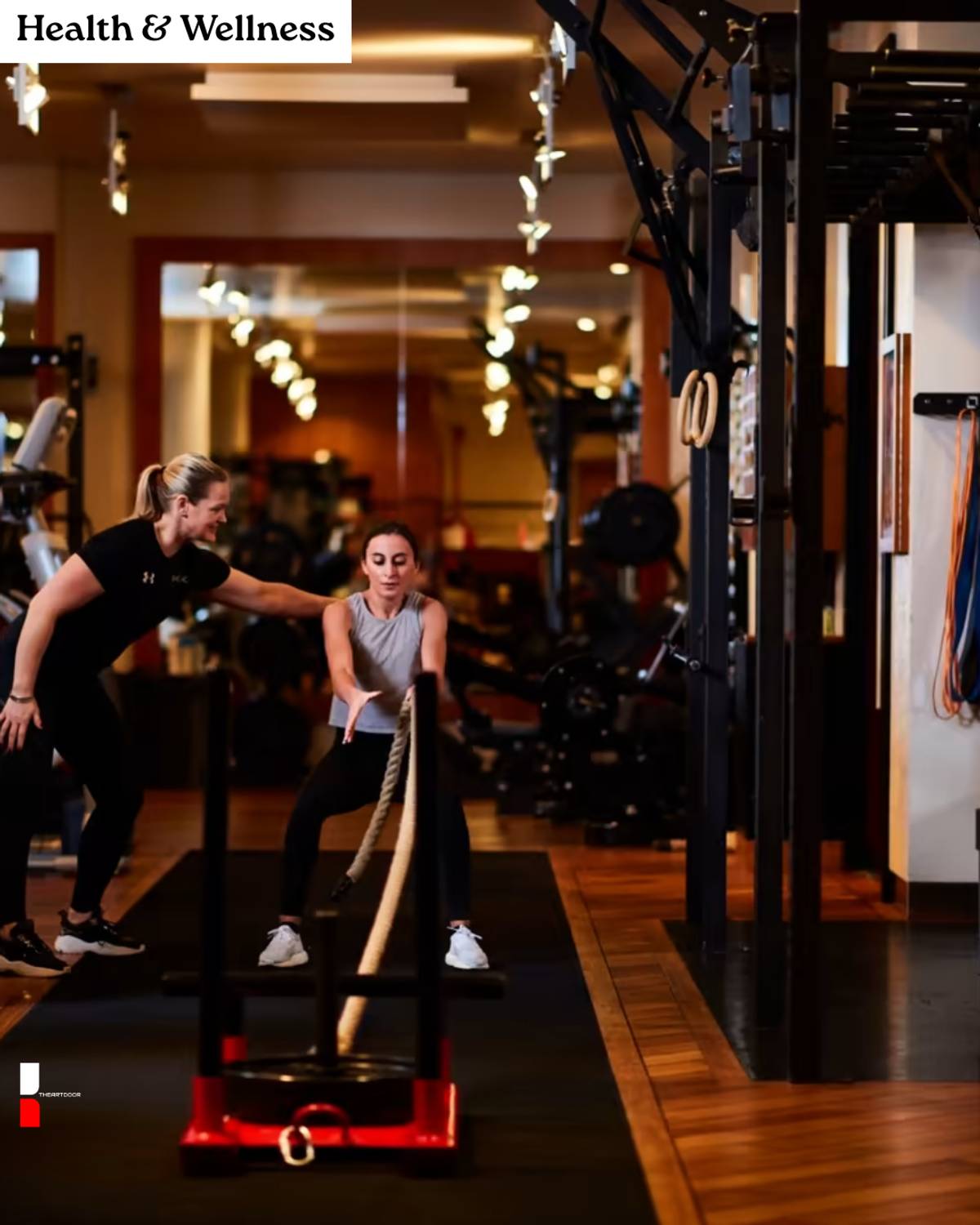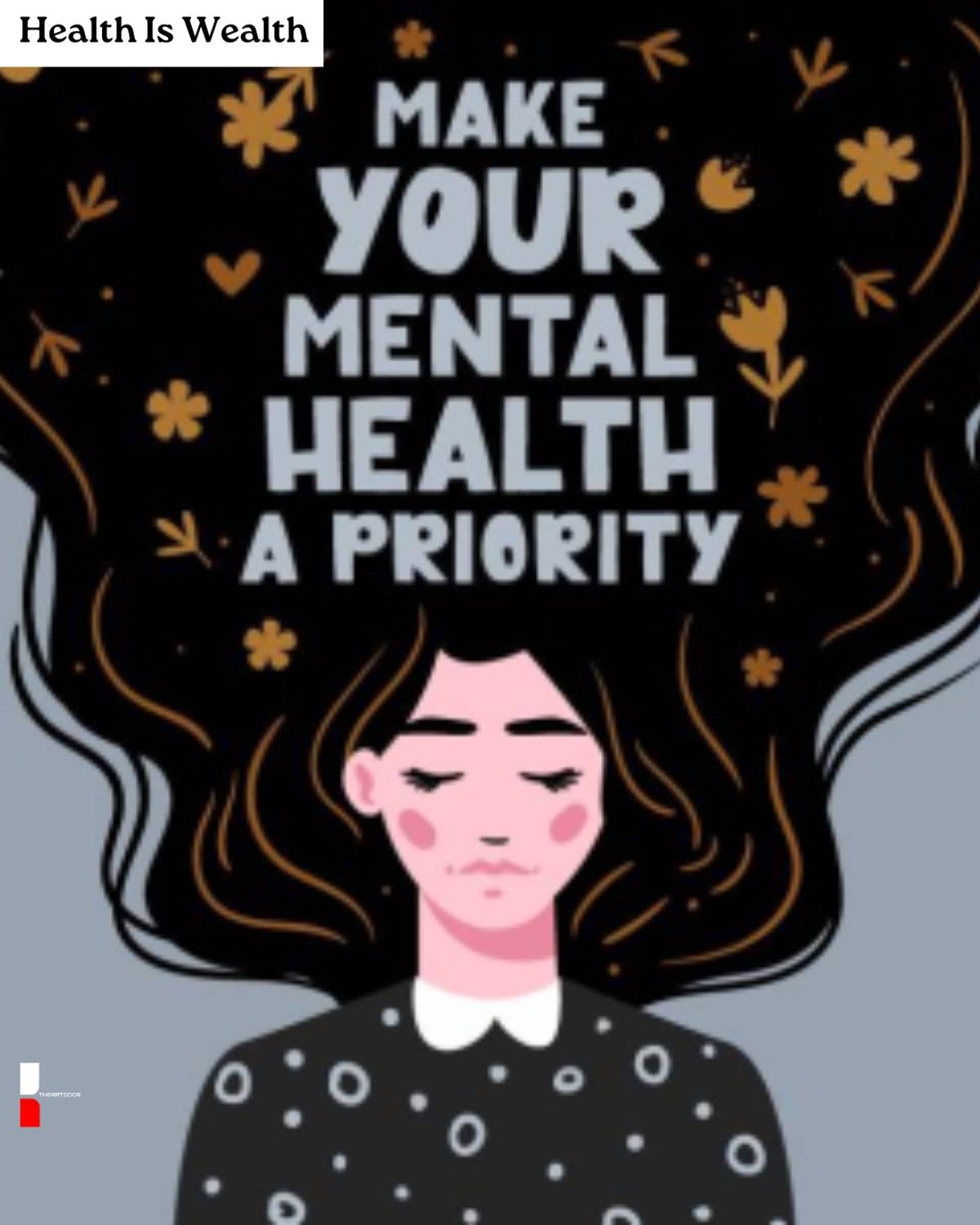Addiction: Not a Crime, Not a Character Flaw A Cry for Connection
By Tanvi Ibrahim Patankar | Editor in chief: Adrienne Carter
ShareWe often hear the word addiction and immediately picture drugs, alcohol, or even smartphone screens. But addiction isn’t only about substances, it’s about the silent pain they mask. And until we stop asking “What are they addicted to?” and start asking “Why are they addicted in the first place?”, we’re missing the heart of the matter.

Photo: Google Inc
What Is Addiction Really About?
Addiction is not a vice or weakness. It’s a repetitive, compulsive behavior that brings momentary relief but long-term damage. It can look like:
- Substance-based dependencies: alcohol, tobacco, drugs
- Behavioral addictions: video games, social media, food, pornography, even overworking
Yet addiction is rarely about the thing itself, it’s about the emotional void it fills.
As renowned trauma expert Dr. Gabor Maté explains, “The question is not ‘Why the addiction?’ but ‘Why the pain?’”Addiction is often a response to inner distress, not a sign of moral failure.
The New Face of Addiction
In today’s hyperconnected world, young people are battling modern addictions, ones that often go unnoticed:
- Endless scrolling through dopamine-triggering social feeds
- Validation addiction, craving likes and comments for self-worth
- Escapism through binge-watching, gaming, or curated fantasy worlds
Though normalized, these behaviors chip away at mental health, disrupt sleep, and erode real-life relationships. What looks like laziness or distraction may actually be a silent cry for help.

Photo: Maureen Salamon, Executive Editor, Harvard Women’s Health Watch
What Drives Addiction?
Addiction doesn’t start with a bad decision, it starts with unmet needs. Common roots include:
- Emotional neglect or unresolved trauma
- Pressure to succeed at school or home
- Body image struggles and bullying
- Lack of emotional outlets or trusted relationships
In truth, people don’t get addicted because they’re bad. They’re hurting, and they’re trying to self-soothe the only way they know how. That’s why shame, punishment, and “just say no” campaigns fall short.

Photo: Zenfulspirit
Rethinking How Schools Respond
Many school policies still treat addiction or compulsive behavior as misconduct. But what if, instead of discipline, we offer understanding?
Here’s what a better approach could look like:
- Awareness Over Fear
Move beyond scare tactics. Create honest, age-appropriate conversations led by trained counselors, not punitive lectures. - Safe, Judgment-Free Zones
Support students through peer-led circles, journaling groups, theater therapy, and art spaces where vulnerability is welcome. - Emotional Literacy
Teach kids how to name and manage emotions, how to say “I’m anxious,” “I’m lonely,” or “I don’t know how to cope.” - Purposeful Replacements
Help students replace compulsive behavior with meaning sports, storytelling, nature walks, dance, or volunteering. - Parent Partnerships, Not Blame
Empower parents with tools to recognize early warning signs and respond with empathy, not guilt.
Shifting the Narrative: What Addiction Conversations Should Teach
Addiction education shouldn’t be about saying “Don’t.” It should be about asking “Why?” and “What now?” It should offer:
- Self-awareness: “What am I really craving?”
- Emotional tools: “How do I deal with what I feel?”
- Healthy outlets: “What else can support me?”
- Connection: “Who can I trust and talk to?”
Because the true opposite of addiction isn’t sobriety.
It's a connection.
Conclusion: Listen Deeper
For today’s students, addiction isn’t always about substances. It’s about pain. About loneliness. About not knowing how to ask for help. If we want to truly support our youth, we need to stop criminalizing addiction and start humanizing it.
Let’s raise a generation who knows they’re not broken, they’re just learning how to heal.
Let’s replace silence with conversation. Judgment with empathy. Isolation with community.
Because addiction is not a crime.
It’s a cry for connection. And it's time we listened.
If you or someone you know is struggling with addiction, help is available. Call the national drug de-addiction helpline (NDDTC - AIIMS) or local hotline 1800-11-0031 (Toll-Free, 24x7) or visit the web aiims.edu for support.
Sources: Dr. Gabor Maté , Harvard Health Publishing, National Institute on Drug Abuse (NIDA), Center for Addiction and Mental Health (CAMH), Zenful Spirit, AIIMS National Drug De-addiction Helpline (NDDTC)


